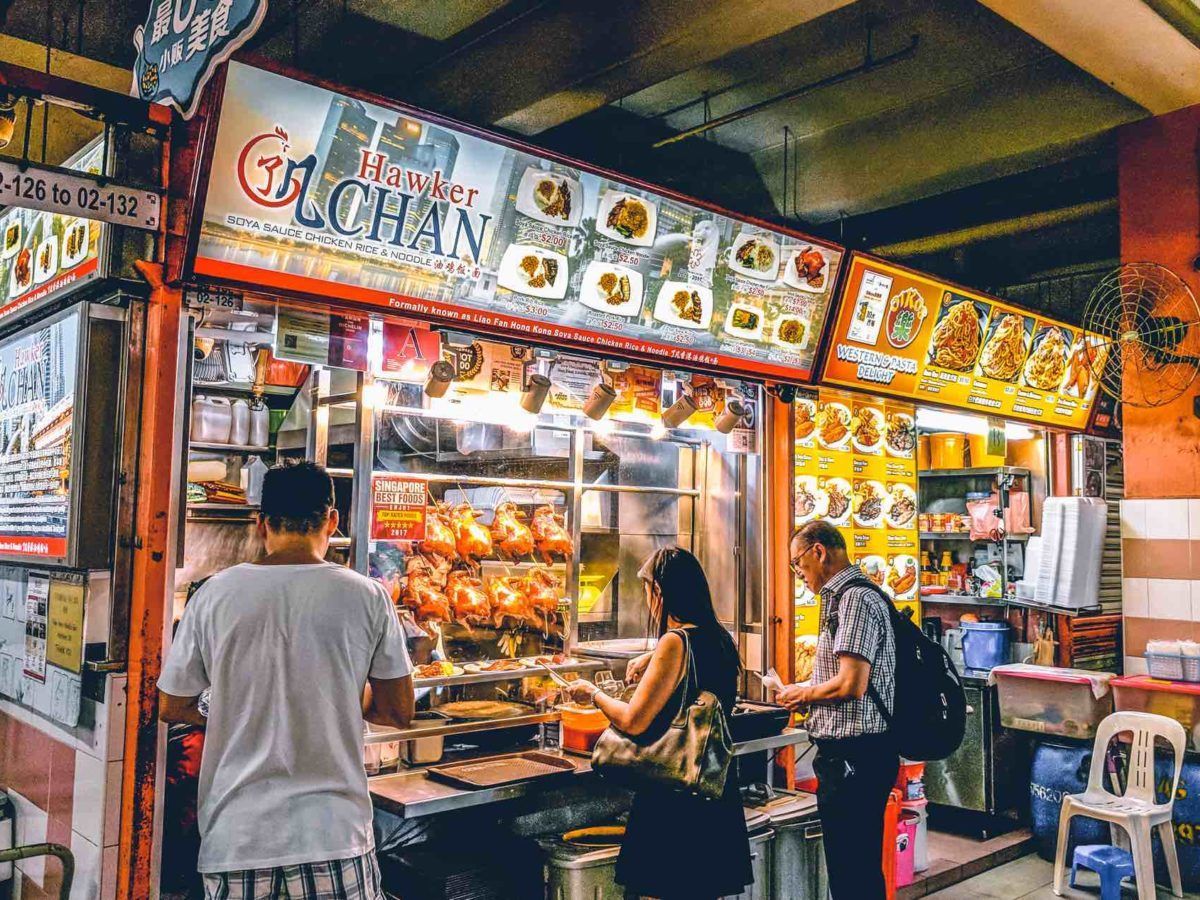Self Ordering Kiosk For F&B Business
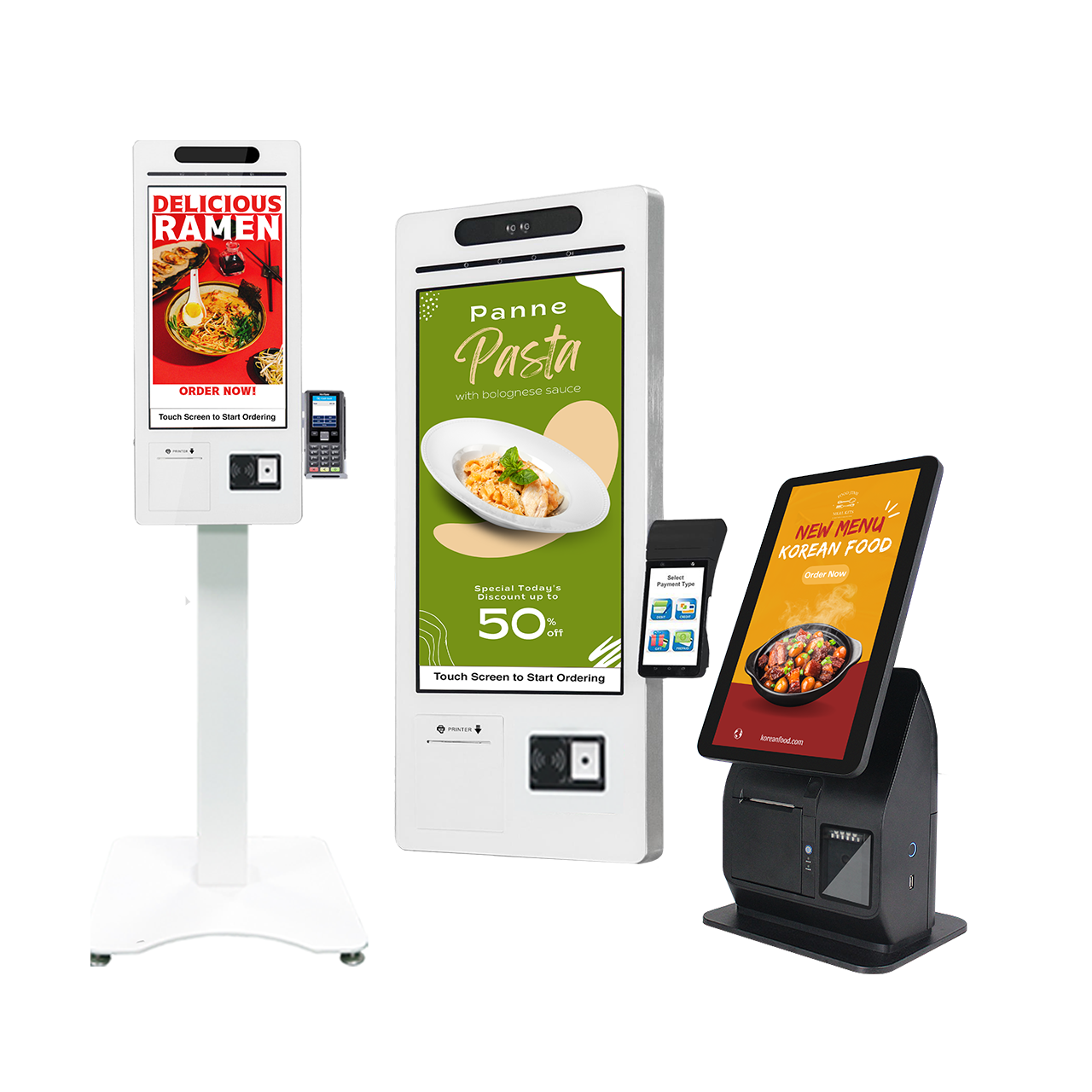
Self Ordering Kiosk Options Available
No matter your F&B outlet's space availability, or design requirements, Minty has a self ordering kiosk that will suit you.
Check out our self ordering kiosk hardware configurations below!
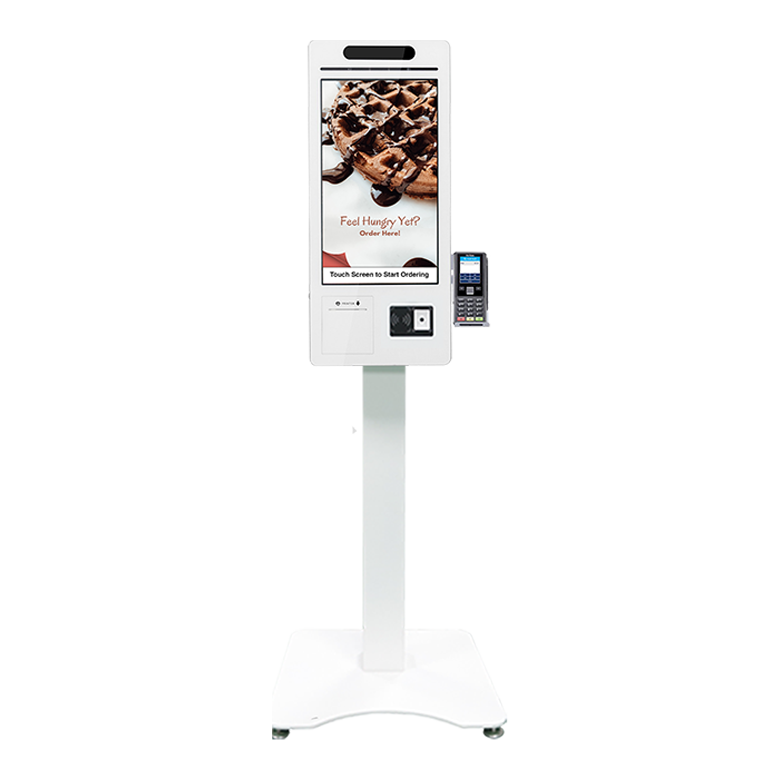
Floor Standing Kiosk
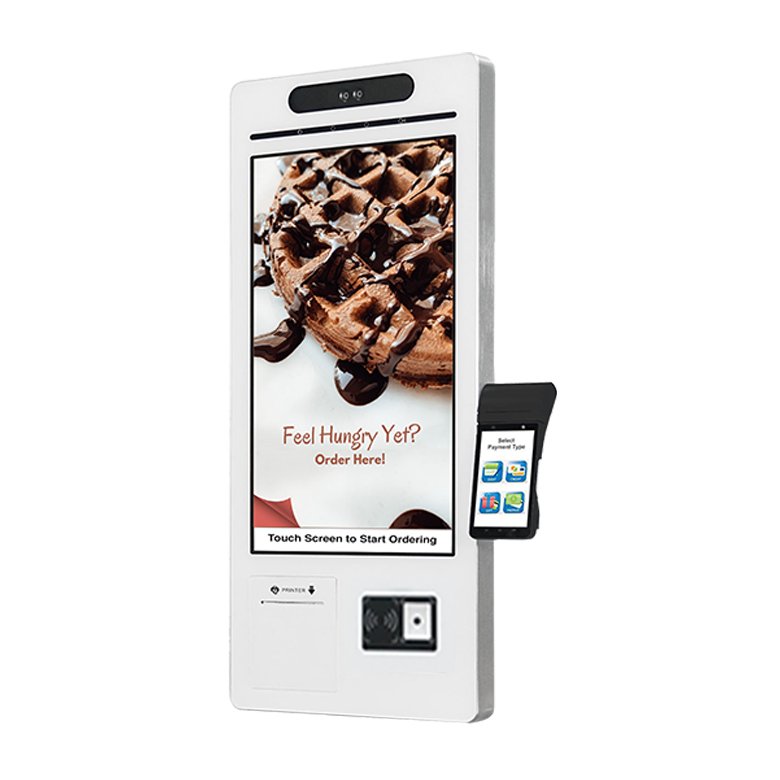
Wall Mounted Kiosk
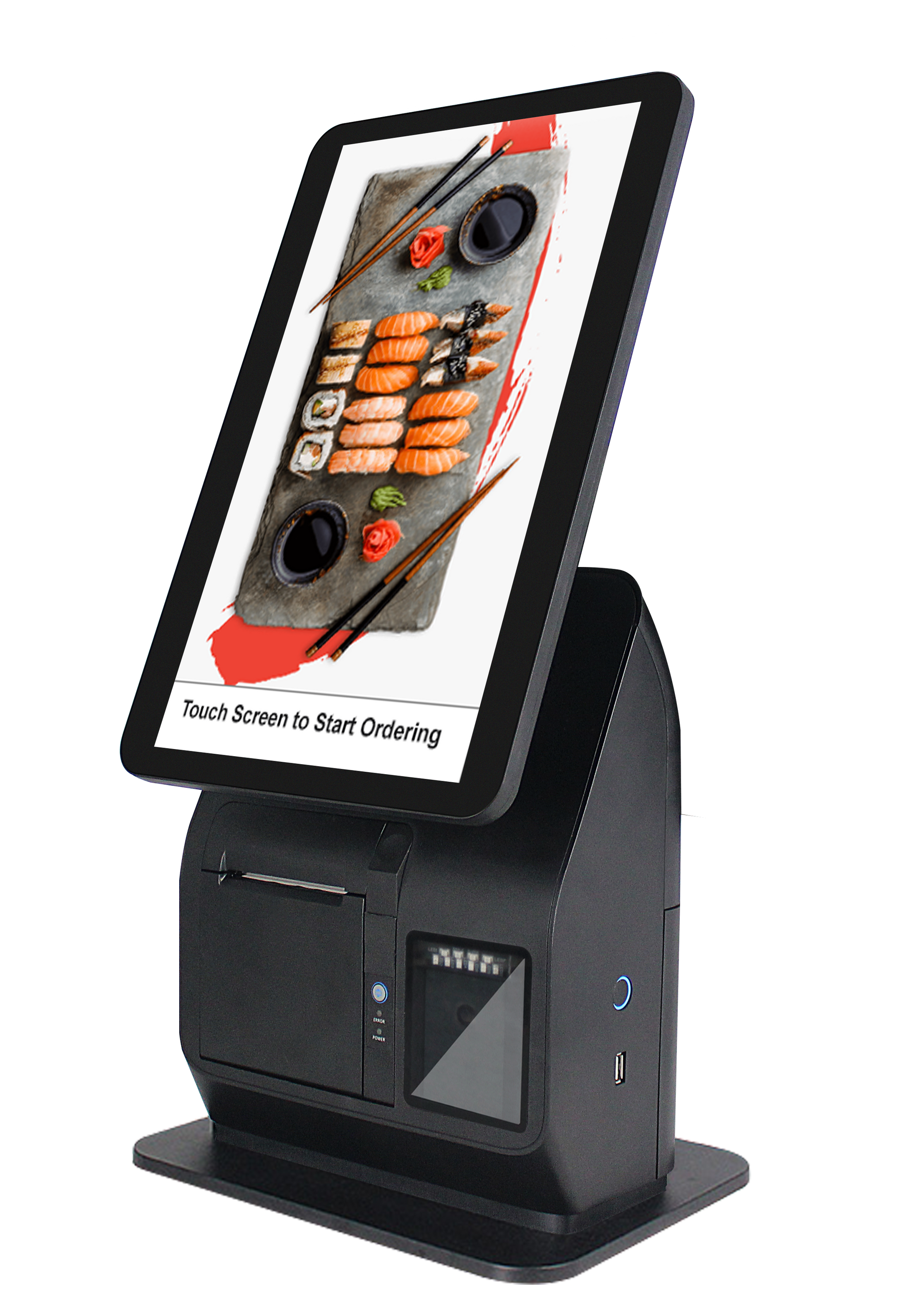
Countertop Kiosk
Self Ordering Kiosk Features
Digitalise ordering. Simplify operation processes. Grow your bottom line.
Our Self Ordering Deployments
Examples of our self ordering kiosk set ups at some of our client's outlets
Schedule a Demo
Our solution consultant will be in touch
Allow members to purchase eVouchers that can be redeemed at your outlet to lock in extra cashflow for your business.
Minty Informatation Sharing
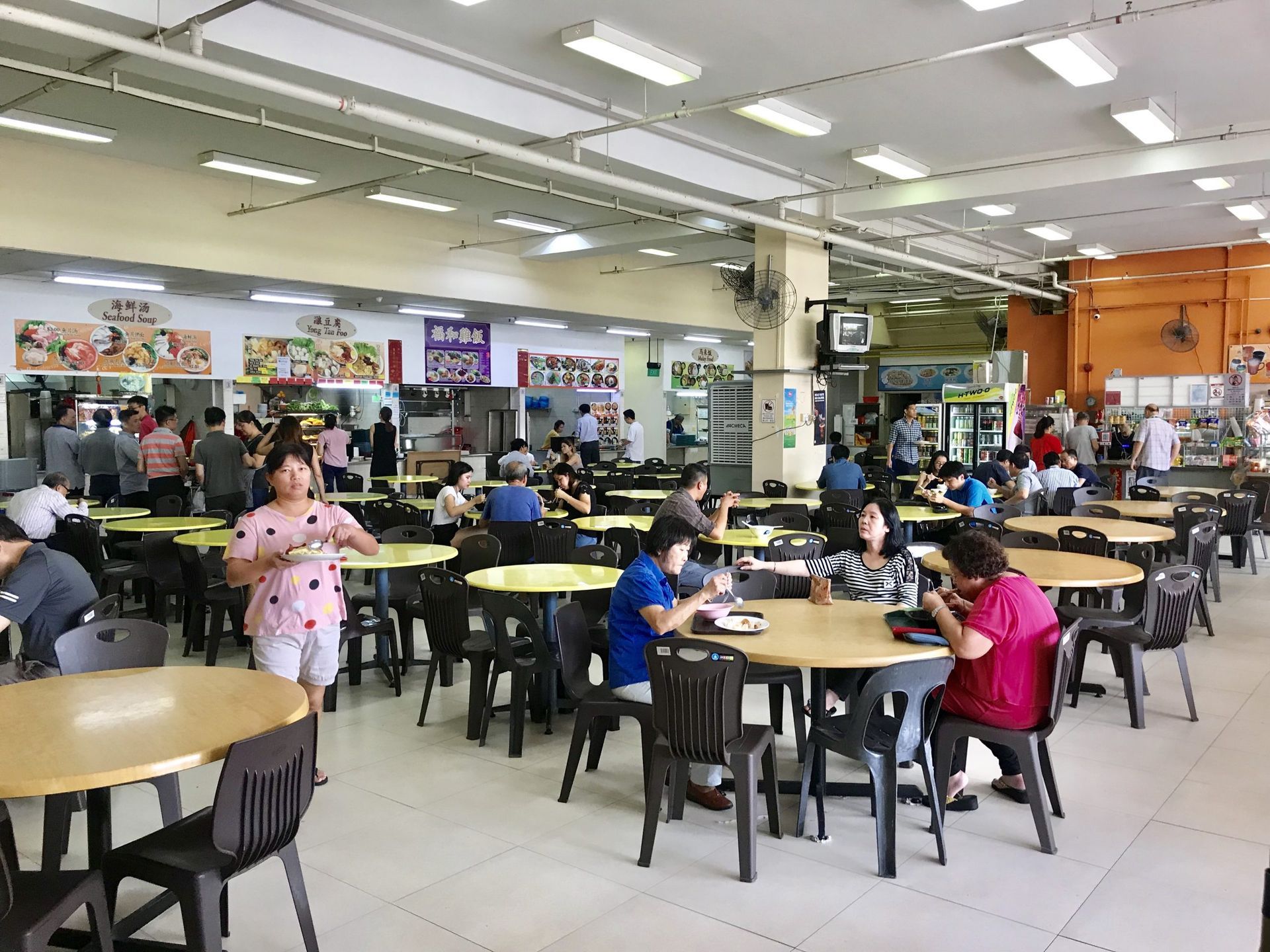
The current F&B industry in Singapore is competitive and tough. More and more dining options apperaring near one another, spoiling consumers with endless choices. Customers who were once dining at your canteen 5 days a week are now splitting that 5 days with probably another 2 or 3 competitors around your canteen. But not to worry as here are still ways to help you boost your profits while controlling or even lowering your costs. Implementing self ordering kiosks and CRM solutions at your canteen are two simple 2 ways you could go about doing that. Benefits of Self-Ordering Kiosk Enhanced Efficiency and Reduced Wait Times Self-ordering kiosks streamline the ordering process, allowing multiple users to place orders simultaneously, which reduces congestion and wait times. Increased Average Order Value Kiosks can suggest add-ons and upgrades during the ordering process, leading to higher average ticket sizes. Improved Order Accuracy By enabling customers to input their orders directly, kiosks minimize miscommunication, leading to more accurate order fulfillment. Labor Cost Optimization Automating the ordering process reduces the need for dedicated order-taking staff, allowing personnel to focus on food preparation and other essential tasks. Advantages of CRM Integration Personalized Customer Experience CRM systems track individual customer preferences and order histories, enabling personalized meal suggestions and promotions, which enhance satisfaction and encourage repeat visits. Effective Loyalty Programs Integrating CRM with loyalty programs allows for tracking customer purchases and rewarding frequent diners with discounts or special offers, fostering customer retention. Data-Driven Menu Optimization Analyzing CRM data helps identify popular dishes and adjust menus accordingly, ensuring offerings align with customer preferences and reducing food waste. Targeted Marketing Campaigns CRM platforms facilitate the implementation of targeted marketing efforts by segmenting customers based on their behavior and preferences, leading to more effective promotions. By adopting self-ordering kiosks and CRM systems, canteens can enhance operational efficiency, provide a more personalized dining experience, and implement strategic marketing initiatives, ultimately leading to increased customer satisfaction and profitability. If you are interested in self ordering kiosks , CRM solutions or a POS system for your canteen, click here to find out more!

The introduction of a universal 10% tariff by the U.S. government has implications for global trade, with Singapore's Food and Beverage (F&B) sector among those affected. Understanding these impacts and implementing effective strategies is crucial for restaurant and café owners to maintain their competitive edge. Overview of the Tariffs The U.S. has imposed a 10% tariff on all imports, affecting countries worldwide, including Singapore. These tariffs are intended to protect domestic industries but have far-reaching effects on international trade partners. Potential Effects on Singapore's F&B Industry Given the F&B sector's dependence on imported goods, the tariffs are expected to raise the cost of ingredients and supplies. This increase may lead to higher menu prices, which could impact customer spending behavior and overall business performance. Adaptive Measures for F&B Operators To counteract the negative effects of the tariffs, F&B businesses might consider: Exploring Local Alternatives : Sourcing ingredients locally can reduce reliance on imported goods and associated tariffs. Investing in Technology : Utilizing technology to streamline operations can lead to cost savings and improved efficiency. Menu Engineering : Redesigning menus to focus on high-margin items and cost-effective ingredients can help maintain profitability. Financial Planning : Regular financial analysis can identify areas to cut costs and improve operational efficiency. Leveraging Government Initiatives Singapore's government has established task forces to monitor and address the impact of the tariffs. Businesses are encouraged to stay informed about available assistance and participate in dialogues to voice their concerns and needs. Conclusion The imposition of U.S. tariffs necessitates a strategic response from Singapore's F&B businesses. By adopting adaptive measures and utilizing available resources, restaurant and café owners can navigate these challenges and continue to thrive in a changing economic landscape.
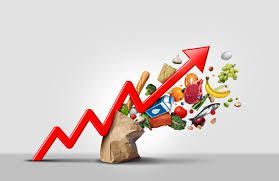
The increasing costs in Singapore's F&B sector necessitate innovative strategies for restaurants to maintain profitability. Leveraging technologies such as POS systems , QR ordering , self-ordering , and CRM can significantly contribute to cost management and revenue enhancement. 1. Streamlining Operations with Advanced POS Systems Modern POS systems offer more than transaction processing; they integrate various aspects of restaurant management, including sales tracking, inventory control, and customer data management. This integration facilitates informed decision-making and operational efficiency. 2. Implementing QR and Self-Ordering Technologies QR ordering and self-ordering solutions enable customers to independently browse menus and place orders, reducing reliance on service staff and minimizing order errors. This autonomy enhances the dining experience and allows staff to focus on other critical areas, such as food preparation and customer engagement. 3. Leveraging CRM for Customer Retention A robust CRM system helps in building detailed customer profiles, allowing restaurants to personalize communication and offers. Targeted promotions and tailored experiences increase customer satisfaction and encourage repeat visits, which are vital for sustained profitability. 4. Optimizing Resource Allocation Integrating these technologies provides valuable insights into peak dining times and popular menu items, aiding in efficient staff scheduling and inventory purchasing. This optimization reduces unnecessary expenditures and ensures resources are allocated effectively. Conclusion For Singapore restaurants facing rising operational costs, adopting technologies like POS systems , QR ordering , self-ordering , and CRM is a strategic move. These tools not only streamline operations and reduce costs but also enhance customer satisfaction and loyalty, ultimately leading to increased profitability.





